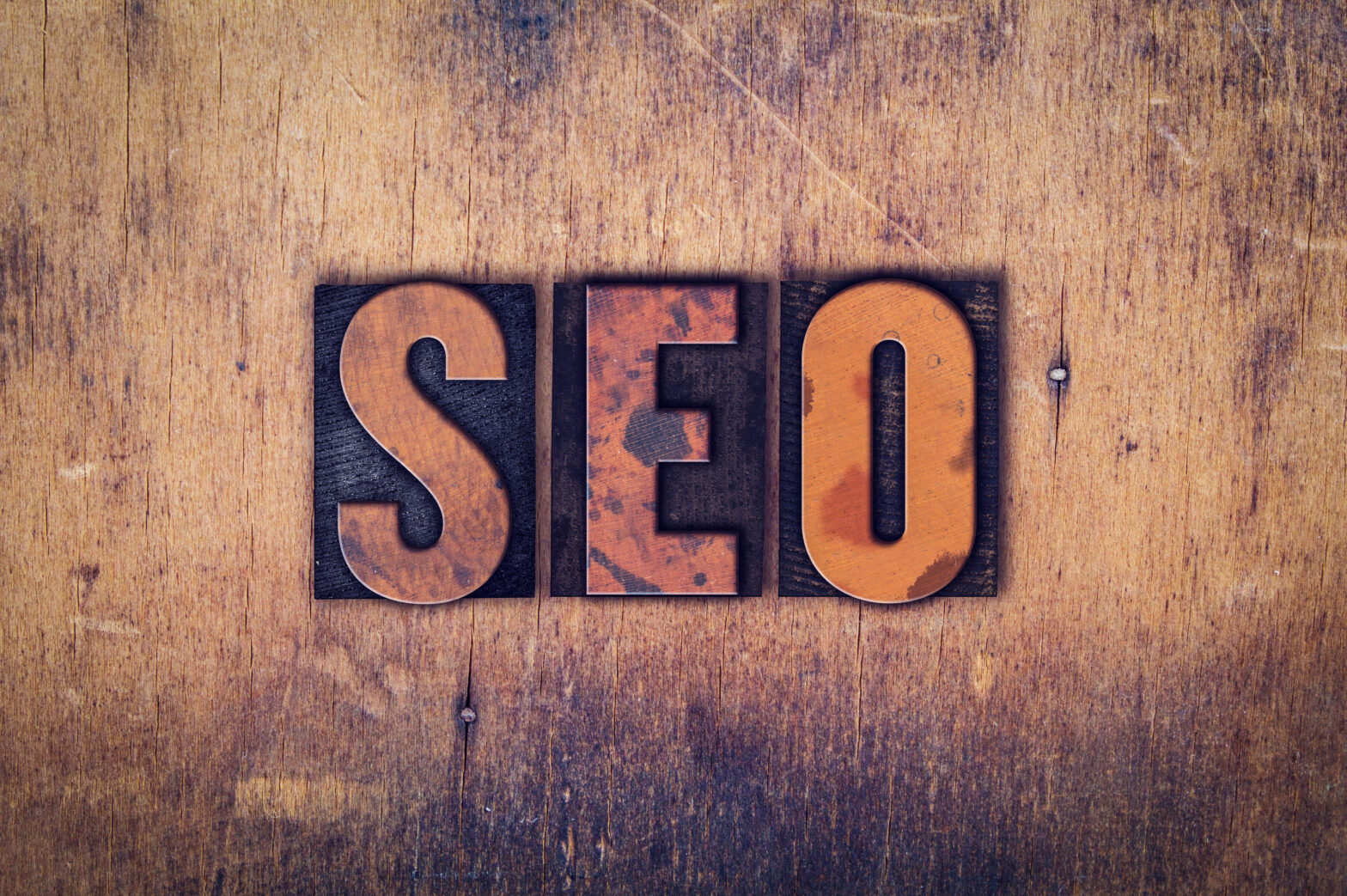SEO, or Search Engine Optimisation, has been a buzz term in the business tech world for so long now that it has truly made its way into common parlance. Every business with an online presence, from the FTSE 100 high performer to the bedroom blogger, strives to attract visitors through enhanced SEO performance.
However, a new survey carried out on small businesses, by web design and marketing agency, Digimax, reveals an unexpected ignorance about the true scope of optimisation among small businesses, with 5 per cent not having the foggiest idea what SEO is, or how it could benefit their business.
SEO is really what makes websites more attractive to search engines such as Google. By making a website search engine-friendly, and increasing the buzz around it, SEO attracts Google’s attention, which in turn vastly increases the number of potential visitors to a site.
Why is this important?
Because despite the race for social media advertising, web searches still drive 300 per cent more web traffic than social media, generating 81 per cent of B2B purchases and creating more than half (57 per cent) of all business leads.
In short, SEO helps to generate the maximum business for a company and the potential is enormous. But because it is ever changing and evolving, users are finding it hard to keep up.
When small businesses were asked what they thought SEO was, respondents to the Digimax survey gave a range of answers:
Two fifths (42 per cent) think that SEO was simply about adding keywords to their website. Making their website Google-friendly was the next most popular answer, with 15 per cent of people believing that to be the case.
Nearly a fifth (18 per cent) of users believe that SEO was about getting a higher Google ranking
While more than one in ten (12 per cent) respondents said that SEO was about adding content to their website.
A mere 8 per cent understood that SEO was about all of the above and more. Finally, 5 per cent admit that they didn’t know what SEO was at all.
Shaz Memon, creative director at Digimax comments, ‘While we all agree that ranking high in Google is very important for most businesses, we first need to understand what SEO is and how to leverage it. It did begin with the adding of keywords to a website, but for the last five years or so, it’s involved so much more and this evolution has confused people.
‘Your website shouldn’t just include keywords – although that is still important. It needs to be clear, concise, logically organised and user friendly. Sentences should be to the point and the content both original and easy to understand.
‘Optimisation now involves a high degree of user experience; it’s not something that you can just wing. And that’s even before you take into consideration the vital importance of link building.’
Memon concludes, ‘The vast majority of all web searches result in the users visiting the websites listed on the first search page, which means that the better your optimisation the more business you will generate. It’s really something worth thinking about.’





